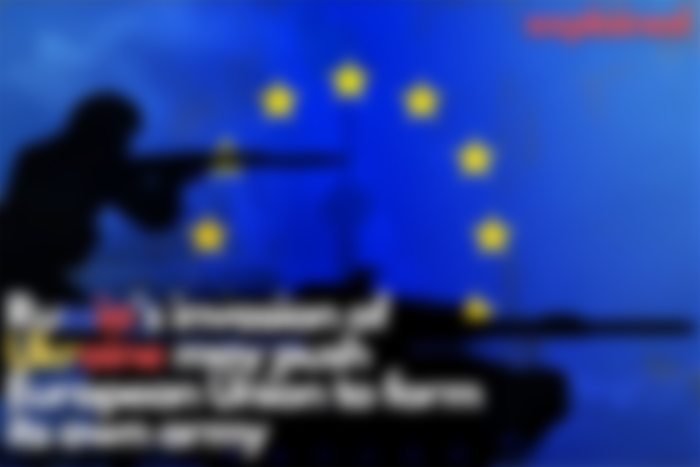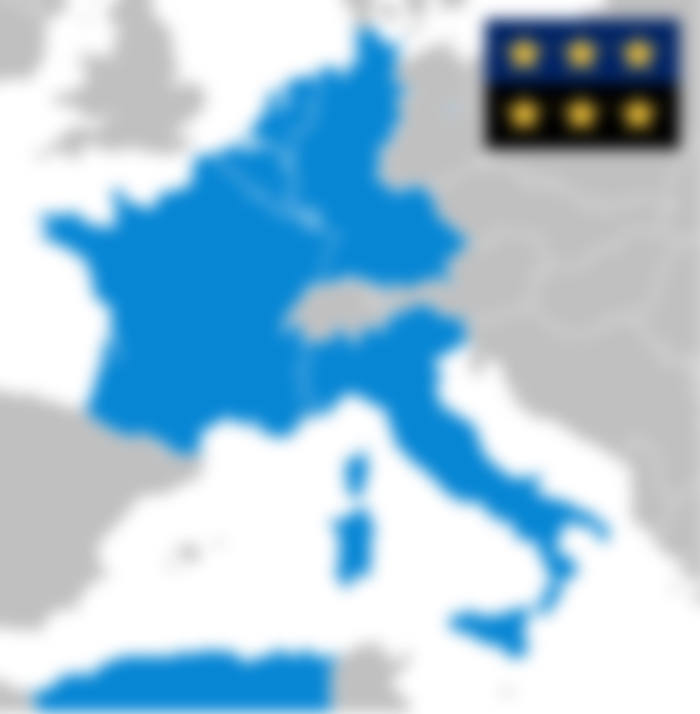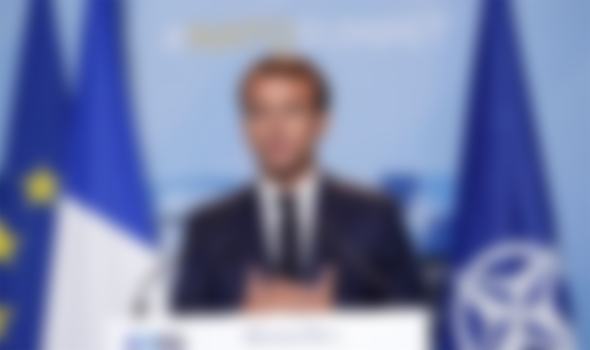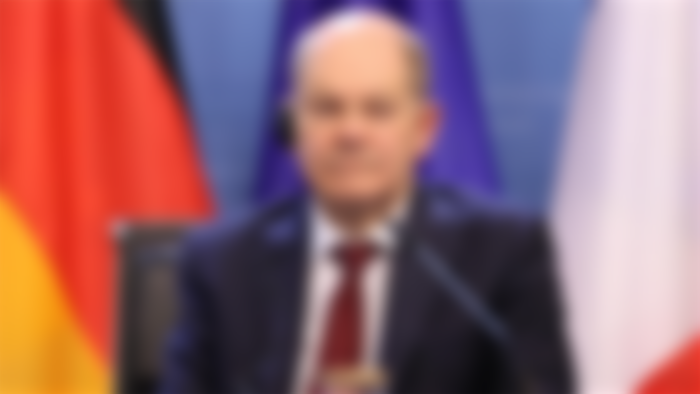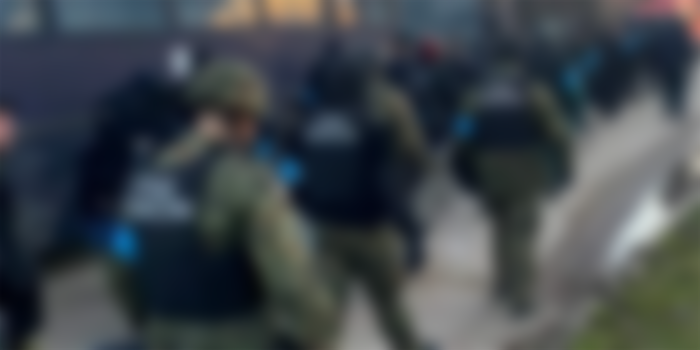Explained: Russia's invasion of Ukraine may push European Union to form its own army
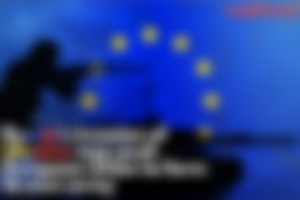
The war in Ukraine has shaken up the prevailing European order. European leaders have implemented policies and sanctions that were simply inconceivable before the war. Sanctions against Russia's central bank and individuals, as well as the suspension of Nordstream 2 and Russia's suspension from Swift, are just the beginning. Leaders have announced that they have the intention of collectively resuming a tectonic shift in European history.
The idea of a European army or something to that effect has a long history. It was first streamed back in the 1950s after World War II. and after the Korean War, which was fought between Soviet-backed communist North Korea and US-backed capitalist South Korea. Decided that West Germany needed to be rearmed to avoid a similar conflict with its eastern counterpart. The obvious option here was for West Germany to join NATO, but that would have involved West Germany having its army. For obvious reasons, the French weren't too keen on this, so instead in 1952, America and the French government proposed the European Defense Community via the Treaty of Paris, which would have combined the armies of all the members of the European Coal and Steel Community.

European Coal and Steel Community members map (algeria is a part of France at that time), wikipedia
France, West Germany, Italy, Belgium, the Netherlands, and Luxembourg into one supranational command to form a political union in the future. The French parliament, however, didn't like the idea of giving up national control of their army and refused to ratify the treaty in August 1954, and in the end, West Germany just ended up joining NATO. In the 1960s, Charles De Gaulle tried to reform the European Economic Community into a security alliance of sorts. In large part because he didn't think that European and American interests always aligned. As such, De Gaulle took France out of NATO's command structure in 1966. America contradicted America by taking a pan-Arab stance in the 1967 Arab-Israeli war and then twice vetoed Britain's application to the EEC, knowing that Britain would never sign up for his European security project.
Unfortunately for De Gaulle, other EEC members preferred their American security umbrella in the form of NATO, and as such, his plans failed and ended up falling by the wayside for several decades. However, in recent years, the idea of an exclusive European security arrangement has seen a resurgence, and the most vocal proponent of such an arrangement has been yet another French president, this time Emmanuel Macron. De Gaulle, Macron believes that European and American security interests too often diverge and sees Trump-era policies as a major strategic difference. Macron emphasized the importance of a true European army during a visit to the former Western Front in 2018 to commemorate the centennial of the World War One armistice. Then, Macron has consistently called for a bolstered European defense under the buzzword "strategic autonomy" from NATO.
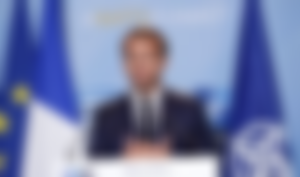
In 2019, Macron went one further, describing NATO as brain-dead in a now-infamous interview with the economist. So why hasn't Europe united militarily yet? Well, Macon has come up against the same problems that plagued Oriole with the Treaty of Paris in 1952 and De Gaulle in the 1960s. Firstly, NATO: Ever since NATO's formation, European leaders have been worried that a European army or defense union would end up just duplicating what Europe already has under NATO. And possibly even undermining NATO by annoying the Americans. European governments have also been more than happy to rely on the US and its massive defense budget for security guarantees, while simultaneously cutting their military spending. Then comes the politics. A European defense union or European army would ultimately see domestic defense resources given up to a supranational organization.
This opens up the possibility of national soldiers being deployed against their own country's interests. For understandable reasons, the European public, especially those with large armies like France and Britain, has never been sold on the idea of giving up national control of their militaries. As we saw in the Brexit referendum, being seen to hand over even partial control of your national army is not always a vote winner. The final issue in Germany. As both Europe's largest and richest country, any European army would require a lot of resources from Germany, but until recently, Germany has been reluctant to substantially re-militarize, let alone join some European super army. Of course, this has changed with Olaf Scholz's pivot to a new era of German military spending.

None of this is to say that Europe hasn't made some moves towards a common defence policy. Europe has occasionally dabbled with independent security from the western European Union through the Petersburg talks and the Berlin plus agreement. With the common security and defence policy, which is still in place today. According to the European Commission, the CSDP provides a framework for cooperation among EU Member States within which the EU can conduct operational missions with the goal of peacekeeping and strengthening international security in third countries using civil and military assets provided by the EU Member States. Aside from the slightly wishy-washy definition, the key operative word is the first framework.
As a framework, the CSDP doesn't actively or legally bind EU militaries, just lets them discuss it. Frontex, formerly the European border and coast guard agency, is the closest thing the EU has to an army. At its heart, Frontex has one key task: to protect Europe's, or more precisely the Schengen area's, borders. Until very recently, Frontex had no power to recruit a force of its own. It merely relied on resources from member states, which are then pooled. Since 2021, Frontex has had its uniform service in its standing cause, but its role is still extremely limited and Frontex goes to pains to stress that its agents work under the command of the national authorities of the country they're deployed in.

Anyway, with Scholz and Germany now on board with increased defense spending on March 11th, The EU's 27 heads of states agreed to the Versailles declaration. The declaration has three dimensions: reducing energy dependencies, building up a more robust economic base, and most importantly for this article, bolstering European defense capabilities. The declaration highlighted how, because of the challenges "we face and to better protect our citizens, we must resolutely invest more and better in defense capabilities. We, therefore, agree to increase substantially defense expenditures with defense capabilities deployed in a collaborative way within the European Union. " Charles Michelle emphasized how the EU and its member states' actions since Russia's invasion of Ukraine marked the birth of European defense.
A triumphant Macron declared, in a thinly veiled dig at NATO, that "we can no longer rely on others to feed us, care for us, uniform us, and finance us." cannot let others defend us, whether on land, at sea, under the sea, in the air, in space or cyberspace. Our European defense must take a new step." While it's too early to know precisely what shape this new EU security agreement will take, this could be the first step on the road to a true European army.
